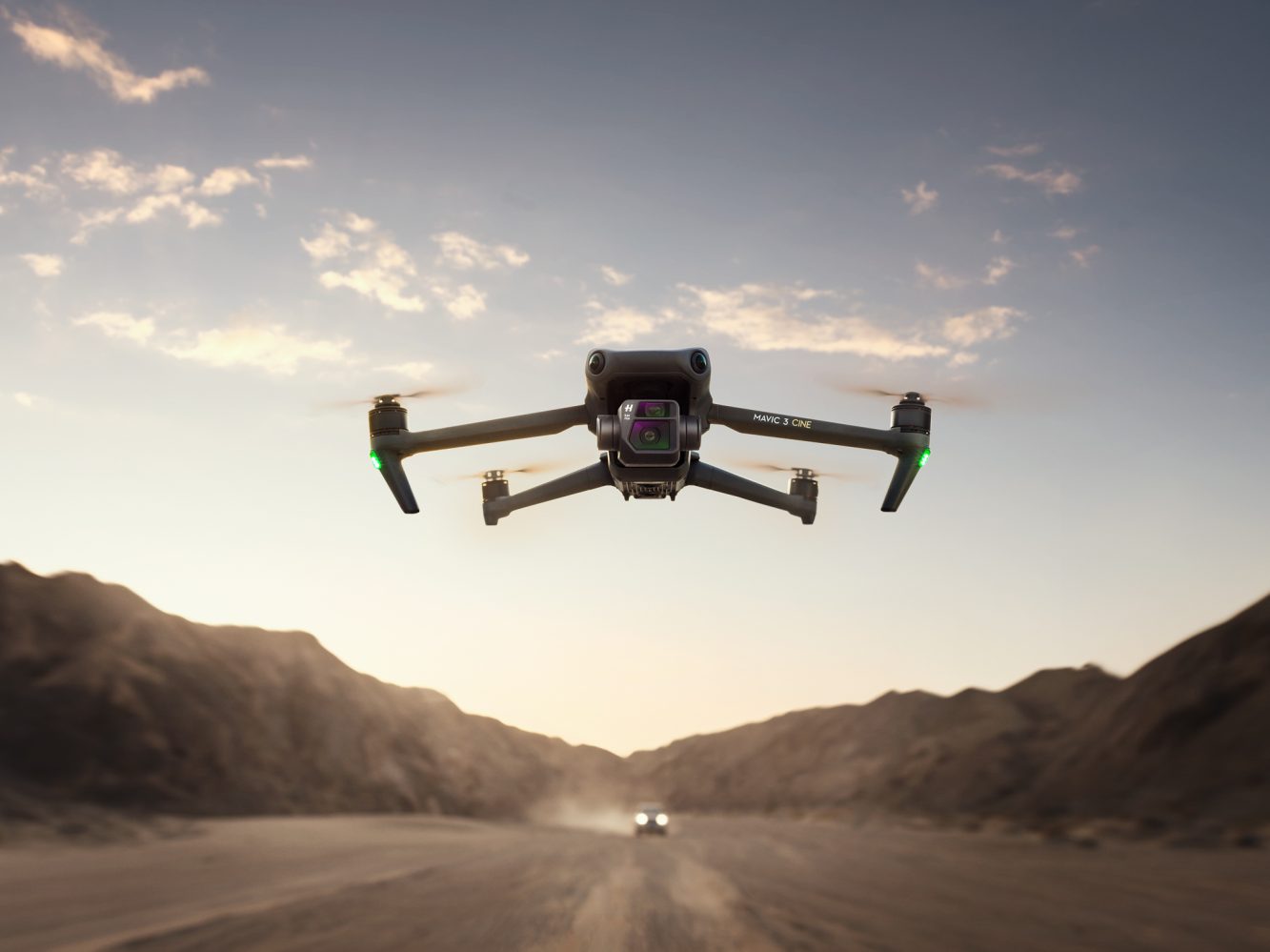
Following the controversy over the use of its products in Russia’s invasion of Ukraine, about the last thing leading consumer drone manufacturer DJI could have wanted was one of Moscow’s top military leaders praising the Mavic as “a true symbol of modern warfare.” That, however, is exactly what the Shenzhen-based company got in a recent post on the Chinese social media platform Weibo, raising the question: What’s Mandarin for “oy vey?”
In this hyper-connected, instantly reactive era, that shout-out from a figure many in the public will associate with Team Evil is the sort of toxic product endorsement any company would gladly do without. But with DJI already having weathered rumors its products aided Russia’s invasion of Ukraine – and continuing to endure US government blacklisting of its drones as alleged security risks – it must have been particularly chagrined by Russia’s former chief of the general staff of the armed forces hailing the Mavic as iconic of today’s warfare, and “revolutionary” in enhancing the accuracy of artillery assaults.
Read: War in Ukraine is sapping Russia’s supply of commercial drones
Also displeased, as it turned out, were the many Weibo users who denounced the post by Russia’s embassy in Beijing containing the citations. The message – which was based on a Russian news report about a new book by retired Russian Army General Yuri Baluyevsky – was soon removed, but not before people attacked publication of the quotes as designed to create more trouble for DJI.
Indeed, the attendant frissons of controversy moved DJI to repeat its previous assurances that drones like the Mavic are “designed for civilian purposes and cannot meet the requirements of military specifications.” It also again stressed the company does not “support applications for military purposes,” whether for or against either Russia or Ukraine in their conflict, or elsewhere.
The Weibo posts assailing the Russian embassy publishing Baluyevsky’s money quote –
“The Mavic quadcopter drone made by China’s DJI has become a true symbol of modern warfare” – as “malicious” had to be of some solace to dismayed company officials. But that also had to be of limited comfort to executives who’ve worked hard to steer clear of renewed controversy in recent months.
Back in March, DJI stepped up to officially deny reports it had given Russian forces access to its AeroScope UAV detection system as an advantage in tracking down and striking Ukraine’s drones in flight. The following month, the company halted sales of its products in both countries as a means of reducing their much documented deployment for martial purposes. Alas, the tech power and performance that has made DJI drones the world leader among consumers also motivated combatants and their supporters abroad to import the craft from other markets.
Read: New image of rumored DJI Inspire 3 filmmaking drone surfaces
The Weibo kerfuffle also comes at a time when reports indicate DJI may finally be making some headway in dissuading efforts in Washington to broaden the blacklisting of its drones by US government agencies. Those were based, among other things, by claims the craft represent a threat of data leaks to China’s government.
Those allegations have never been substantiated by backing evidence, but that has not made the bans or the negative PR they produce any less damaging. Time will tell whether US proponents of those and additional measures against DJI will add Baluyevsky’s praise of the Mavic to their list of condemnations of the company’s drones.
FTC: We use income earning auto affiliate links. More.


Comments